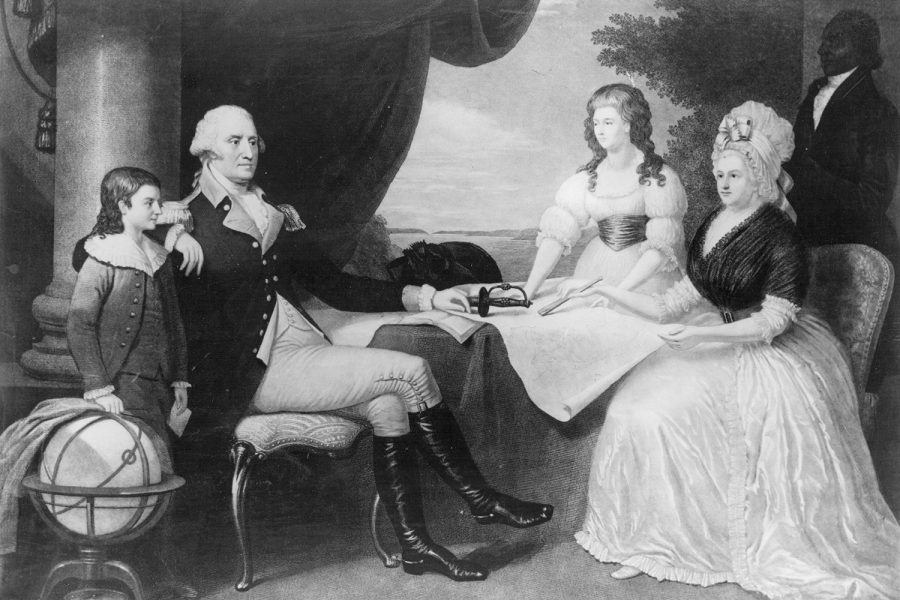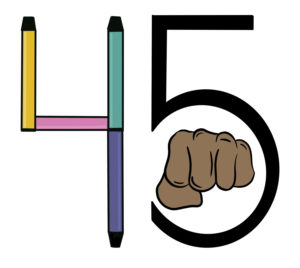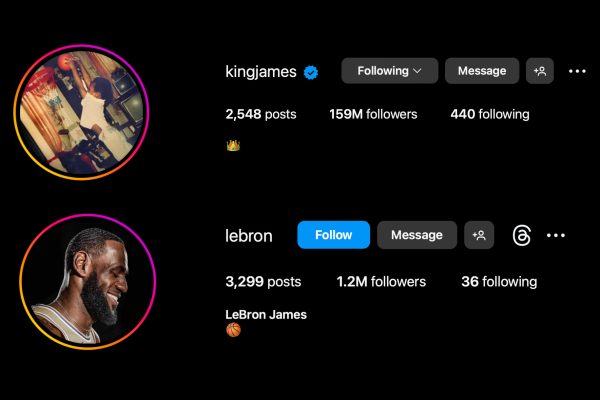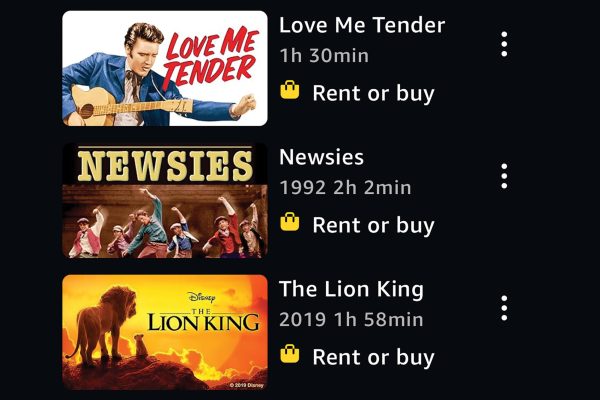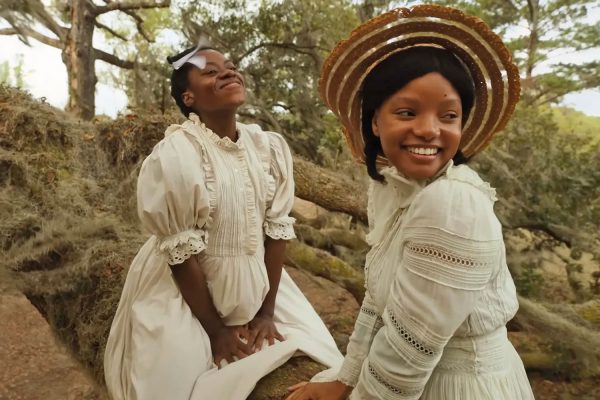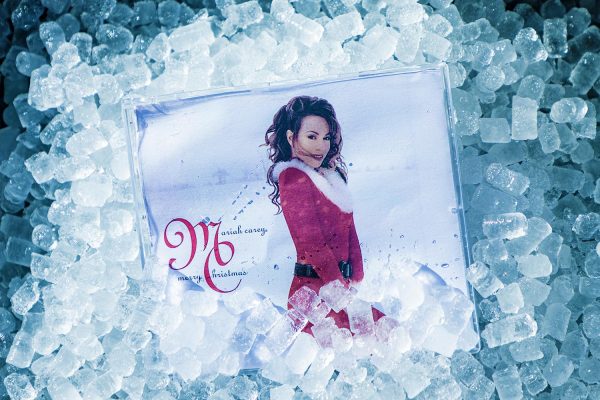A historical injustice
African American class reassesses forgotten history
(Hulton Archive/Getty Images/TNS)
February 18, 2019
Textbooks lay open-faced on the desk of each student, open to a unit titled “Civil Rights.” Two names are mentioned, the only two that the students will be tested over: Martin Luther King, Jr. and Rosa Parks. No other activist is emphasized, no more than five are mentioned.
Is this what history is? If each student did an individual study on the history of Civil Rights, are these the only leaders they would find?
“For years and years and years we have done our students an injustice by not teaching them all of history,” economics teacher Angela Spence said. “That’s why I advocated to have a black history class on this campus and I’m hoping that it will continue. ”
The whitewashing of American history can be recognized by people of all races, not just people of color. While students crane their necks over these textbooks for hours on end, they are being cheated out of knowing the whole truth.
“There are snippets of black history in a regular U.S. history book,” Spence said. “So for years, not only doesn’t the white race, but even the black race doesn’t know their history. We need to give a full account of not only accomplishments, but the disenfranchisement and inhumane conditions that we have been through.”
Spence teaches an African American History elective class, one in which students fully learn black history for what it is, not just minor bits and pieces.
“The White House was built by slaves,” Spence said. “Not that Hispanics and Native Americans- especially Native Americans- have not done their contributions, but no one, not any race of people in America, has worked as hard as the black man. No one. I don’t care who founded it. I don’t care who has the wealth or the power. The building of America is on black people.”
By not learning the whole story, students aren’t able to see all sides of a situation, especially in politics and society.
“If you ask me about black history month, I hate it. I don’t even acknowledge it,” Spence said. “At the school that I came from, when February came around, all the posters went up in the hallways. You had one hallway of black athletes. You had one hallway of black poets. One hallway of black singers. One hallway of black Civil Rights activists. So these posters went up all over my ex-high school, up and down the hallways. When Feb. 28 got here, they all came down. I don’t even acknowledge February. I talk about black history every day in my classroom.”
Black history is American history and when you pick up the general U.S. history book in any high school in America, it is a book written by a white man about white people. — Angela Spence
The problem with Black History Month is that its emphasis on African American historical figures and events should be emphasized in every lesson of history. The month of February takes these moments and makes them seem as if they should only be taught during February, when they should be taught all year.
“Black history is not for black students,” Spence said. “Black history is for every student. Hispanic history is not for Hispanic students, it’s for every student. Someone asked me one time, ‘Mrs. Spence, you advocate for a black history class, why not Indian history? Or Mexican history?’ There’s nothing wrong with those classes. But the very backbone of America was built on the backs of black people.”
Racial tensions in the U.S. are a hot button issue, one that could possibly be helped by the sharing of history between cultures and hearing every side of the story.
“We’ve done an injustice of whitewashing history,” Spence said. “And until someone takes a stand in every high school campus across America to put the true history out there, then everybody will be taught a whitewashed history.”
As a student myself, I feel confident when I say that even accelerated United States history courses are whitewashed. Instead of telling an all-inclusive history that represents every race and exhumes the stories of oppression, we hear it from a white perspective.
“You can get into that specialized history class in college, but here we’re kind of mass-producing students,” said U.S. History teacher Chuck Zach. “We’re dropping between four and five hundred [students] a year into these classes and saying ‘here I have to give you some understanding of U.S. history, so it’s going to be really broad strokes and they’re not going to be very specific, but at least you have an idea when you walk out.’”
The reason behind this is that there is no way we could adequately absorb all of the information from every side of history in a two semester course. Textbooks would have to be re-written, lesson plans would have to be re-done and standardized, as well as AP tests, would need to be re-assessed.
“I think you’re getting a sanitized, acceptable version [of history],” Zach said. “You can always go in and find another book that comes from a different perspective. In all reality, a survey class history book can’t really cover every single thing; [it] can’t really cover every single perspective.”
As frustrating as being somehow ‘cheated’ out of an education may feel, we can’t instantly change the way we learn history. What we can do as students, however, is take steps to express the urge to integrate the importance of all cultures into history.
“So where do we take a stand?,” Spence asked. “You have to have someone in your high school- I don’t care what color they are- to stand up and say we need to give a true account of what history is about in America. And you have to take a stand in your own local high school.”
Historical whitewashing takes the not-so-pretty parts of history and attempts to cover them up, but that can never really be done. History can’t hide its ugly truth, even when it tries.


